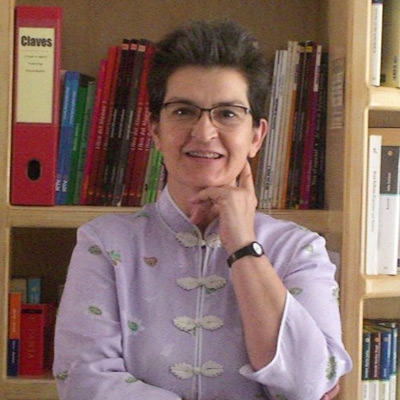I love working with don Quijote because by being at the school and planning my courses, I am able to establish a very personal relationship with my students. They are not numbers. I have the opportunity to get to know the students and build a curriculum based on what they already know, their needs and their interests. I love that at don Quijote we take a humanistic approach, and that it’s even more flexible and open. Small class sizes also allow us to create and customize our learning path day to day.
PersonalizedTeaching Method
don Quijote proudly offers its students over 30 years of teaching and study abroad experience. Our teaching methodology has been carefully refined over the years to guarantee absolute success and satisfaction – regardless of your Spanish level, program, and destination.


 See all destinations
See all destinations

